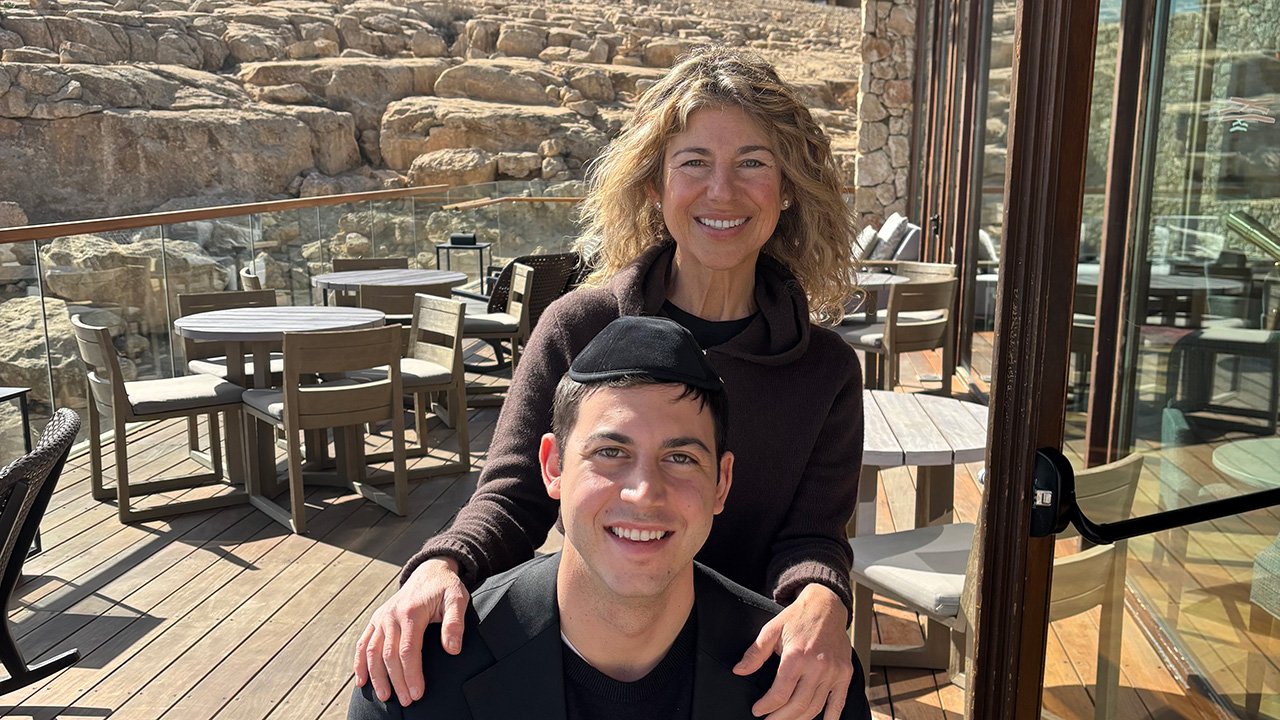Your Questions, Answered: 9 Insights That Changed Me Forever
Last week’s article — 9 Insights That Changed Me Forever — garnered significant attention from folks in my coaching community.
Many reached out with life changing insights of their own.
When we slow down to reflect on where we were, or rather who we were, a decade ago, and who we are today, we can’t help but notice change.
My hope for each and every one of us is that the change is made consciously and towards the manifestation of our most joyful and successful self.
Some of my readers (and listeners now that every article is also recorded) also had questions. I’d like to answer three of them today:
1. What exactly is Radical Acceptance? If I radically accept someone, does that mean I approve of them?
Absolutely not. As a parent, I responded to my children with the following when one of them insisted on doing something I was against. “You have my unconditional love, but (in this case) you do not have my approval.”
So often, we are reluctant to accept a person or situation because we are afraid it will be taken for giving our approval or worse, appreciation.
In Brad Stullberg’s words, “To accept something doesn’t mean we have to like it. It means we are willing to allow for the truth of how things are.”
Not only does the practice make sense, but it’s also plain smart. When we allow space for another’s truth or way of being, we can then have a conversation and perhaps change their mind when they realize we are not their enemy.
2. What do you mean when you write, “I can be a lovable human being without being a “nice girl”?
Unsurprisingly, female readers immediately understood what I meant and those who didn’t were male.
This is not a conversation about sex and gender in our times. This is about a conditioning most girls born around the time I was and before were raised with.
Young girls get the memo at a ridiculously young age that boys should be strong and girls should be nice. This toxic message seeps into every aspect of our lives, leading to extensive self-doubt, inauthenticity, and a widespread tendency to downplay our abilities, individualities, and life experiences.
We smile when we’re not happy. We don’t ask for what we want even when we are asked for it. We say we’re sorry when we are not. We hide our talents so as to not appear smarter than those around us. We do all this and more in order to be more lovable.
But in truth, it makes us miserable, passive-aggressive, and trapped inside a life so much smaller than we know we can create.
So if you’re a man who cares about women, ask your wife, daughter, or mother this question:
“What would you do or say differently if you didn’t care about being nice but rather cared about being honest?”
I’ve chosen not to summarize the next question. Here it is in full.
3. We live in communities and families where there are lots of responsibilities that don’t fall on one person in particular. Most of the time the person who lives with Radical Responsibility ends up taking most of the tasks. This causes others to sit back and let someone take ownership of their life. How does the person taking Radical Responsibility not enable others and not make them dependent?
To commit oneself to living a life of Radical Responsibility requires a pre-commitment to one particular practice—the practice of serving rather than pleasing others.
Most of us go through our entire lives in people pleasing mode (this is related to the “nice girl syndrome”). In our efforts to make others like us, keep the peace, and generally stay in our comfort zone, we refrain from having uncomfortable conversations and turning our expectations into agreements.
Radical Responsibility means we take full responsibility for what we want to create in the world. It means we avoid endlessly complaining and whining that others, life situations, the weather, and so on, are preventing us from achieving the life we desire.
In order to not enable others to give up their responsibilities or become dependent on us, we need to set boundaries, welcome difficult (but necessary) conversations, and most importantly, serve them even if it doesn't please them.
If you found this article helpful please:
Share any questions, comments and requests of subjects you’d like me to address.
Share your own list of life changing insights with me.










